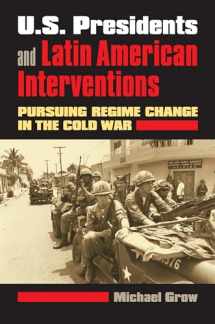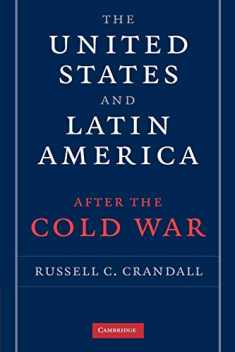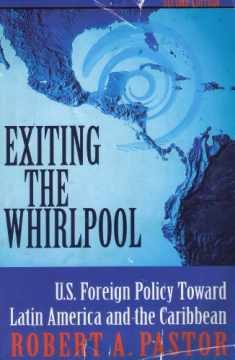
U.S. Presidents and Latin American Interventions: Pursuing Regime Change in the Cold War
Book details
Summary
Description
Lyndon Johnson invaded the Dominican Republic. Richard Nixon sponsored a coup attempt in Chile. Ronald Reagan waged covert warfare in Nicaragua. Nearly a dozen times during the Cold War, American presidents turned their attention from standoffs with the Soviet Union to intervene in Latin American affairs. In each instance, it was declared that the security of the United States was at stake—but, as Michael Grow demonstrates, these actions had more to do with flexing presidential muscle than responding to imminent danger.
From Eisenhower's toppling of Arbenz in Guatemala in 1954 to Bush's overthrow of Noriega in Panama in 1989, Grow casts a close eye on eight major cases of U.S. intervention in the Western Hemisphere, offering fresh interpretations of why they occurred and what they signified. The case studies also include the Bay of Pigs fiasco, Reagan's invasion of Grenada in 1983, and JFK's little-known 1963 intervention against the government of Cheddi Jagan in British Guiana.
Grow argues that it was not threats to U.S. national security or endangered economic interests that were decisive in prompting presidents to launch these interventions. Rather, each intervention was part of a symbolic geopolitical chess match in which the White House sought to project an image of overpowering strength to audiences at home and abroad—in order to preserve both national and presidential credibility. As Grow also reveals, that impulse was routinely reinforced by local Latin American elites—such as Chilean businessmen or opposition Panamanian politicians—who actively promoted intervention in their own self-interest.
LBJ's loud lament—"What can we do in Vietnam if we can't clean up the Dominican Republic?"—reflected just how preoccupied our presidents were with proving that the U.S. was no paper tiger and that they themselves were fearless and forceful leaders. Meticulously argued and provocative, Grow's bold reinterpretation of Cold War history shows that this special preoccupation with credibility was at the very core of our presidents' approach to foreign relations, especially those involving our Latin American neighbors.


We would LOVE it if you could help us and other readers by reviewing the book
Book review





